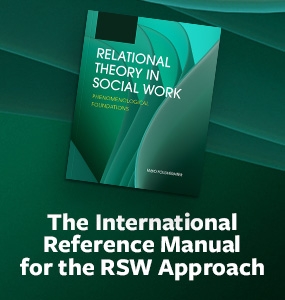Actual and fictitious ethical fears of embracing change: Perceptions of social workers on digitalization within child welfare programs at a selected agency in Harare, Zimbabwe
Anotida Mavuka, Kumbirai Mazava
The study explored the perceptions of social workers on digitalization within child welfare programs at a selected agency in Harare, Zimbabwe. The qualitative research approach and a case study design were used in the study. Seven social workers working at the selected agency were the primary participants in the study. Three social work academics were selected as the key informants in the study. The research participants were purposively selected. In-depth interviews were used to collect data from the primary participants and key informants. Thematic analysis was used to analyze the qualitative data collected. The research adhered to ethics by upholding confidentiality, and informed consent, doing no harm to participants, and respecting human worth and dignity. The findings showed that digitalization provides diverse ethical dilemmas to social workers. Key findings from the research included among others perceived dilemmas around service to clients above self, human relationships and boundaries, self-disclosure, relationships with colleagues, and administration. The paper made various recommendations to improve the work of social workers within the digital space which included a review of ethics at the local level, having a digitalization blueprint for social workers, creating a platform for professionals to share digitalization experiences, and providing digitalization-appropriate to social work education in institutions of higher learning.
Keywords
Child welfare, ethical, fears, digitalization, perceptions.




